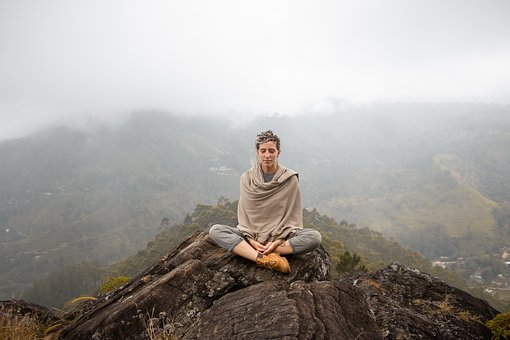Philip Glass is a man who has traveled a lot, describes the anthropologist Víctor Sánchez. “I already knew him as an extremely complete man, developed, at peace. He had a great career and a very clear spiritual sense.”
In 2005 he premiered his symphony number 7 toltec, in concert with the National Symphony Orchestra, in Washington. The work has its matrix in the ancient spiritual and cultural traditions of Mesoamerica. He returned to the emphasis on the relationship with the forces of the world of nature, such as the Sun, Earth, water, fire and wind, which continue to live in the Wixárika people in Jalisco and Nayarit.
Each of the three symphonic movements is inspired by the sacred trinity: the corn, the hikuri (or the sacred root), and the blue deer.
Sánchez recounts that in 2000 a man who said his name was Philip Glass wrote to him, who had found his book in New York Toltecs of the new millennium. “I don’t know if you know me,” Glass told him, who invited him to a series of concerts he would give in Mexico and asked him to talk. “Without knowing it, he started a relationship that has lasted a long time.”
In his recording of the symphony toltecthe American composer thanks the Mexican anthropologist, because through his books, teachings and fieldwork he has preserved the traditions of today’s Toltecs, “kindly and patiently he opened the door to these traditions for me.”
In his decades-long relationship with the Wixaritari, Sánchez does not usually bring strangers to this community. Glass was an exception. From a very young age, Sánchez approached the countryside and the indigenous communities. One day he arrived with the so-called Huicholes. He “observed the deep concentration they had in their walks and offerings. It was not easy for me to put into words. He was not up to anthropology. That’s why I have a human relationship. I didn’t understand, but I did find something that my heart needed.”
When he met the composer he didn’t know what he could bring him. He was about 60 years old, 40 of them practicing yoga, he is a very disciplined man. “However, he told me that as he sought to learn about the spirituality of places like India and Tibet, the connection with the powers of nature caught his attention. He did not find them in the other traditions that he had studied”.
In the first rehearsal in 2012 in Real de Catorce, I had already been coming to Mexico for a few years, discovering places of introspection in nature, where one enters into a relationship with the abstract. “He already had a very trained eye at the level of attention. Somehow I got him to the end of the road. Traveling with him, I saw his presence of mind, his patience, seriousness and respect.
“For example, you can be sitting next to presidents or great artists in the Lincoln Center in New York or in a small town in San Luis Potosí, in a dusty train station, eating in the humblest restaurant you can imagine. A stranger arrives to greet him, he turns around, looks at him and listens carefully. He has that capacity to be fully for each human being.”
In the mountains he spent the nights, very long, where one is navigating in the abstract. It is a language that he already understood very well, he says.
“Apparently Philip fell in love with that world too. For her own reasons and his own language. The way he and Daniel talk about music. Those of us around us were surprised, asking: ‘now what are they doing?’ He takes us to a place called music.”
Anthropologist guide Philip Glass’s journey into the powers of nature

